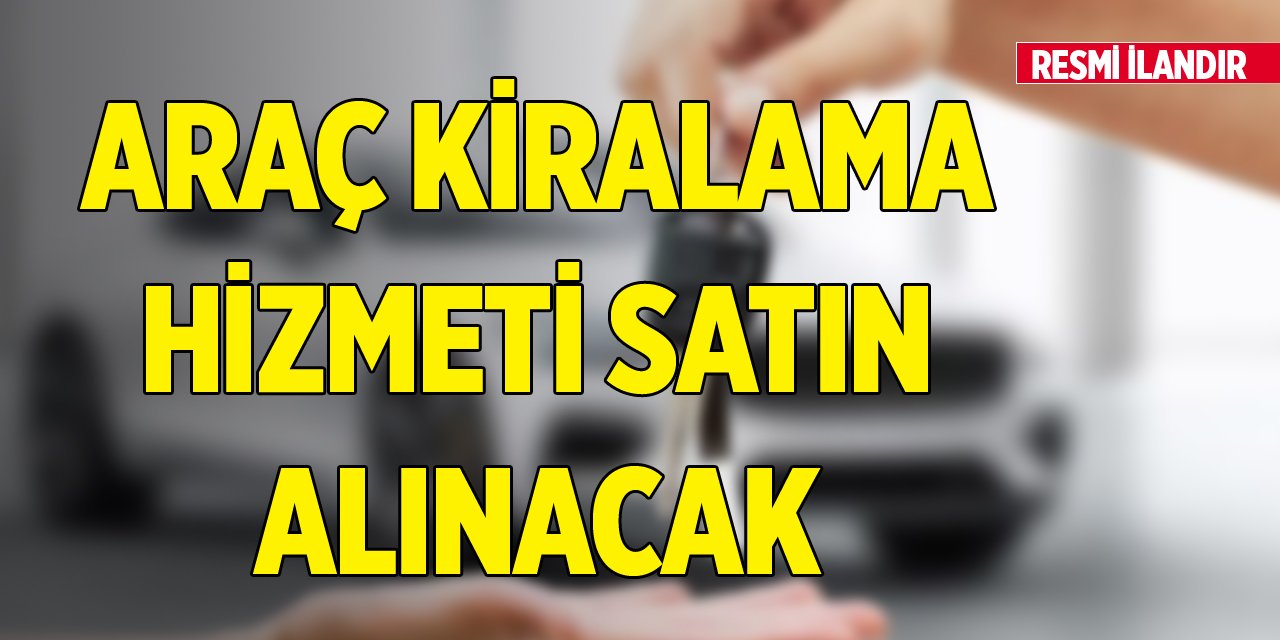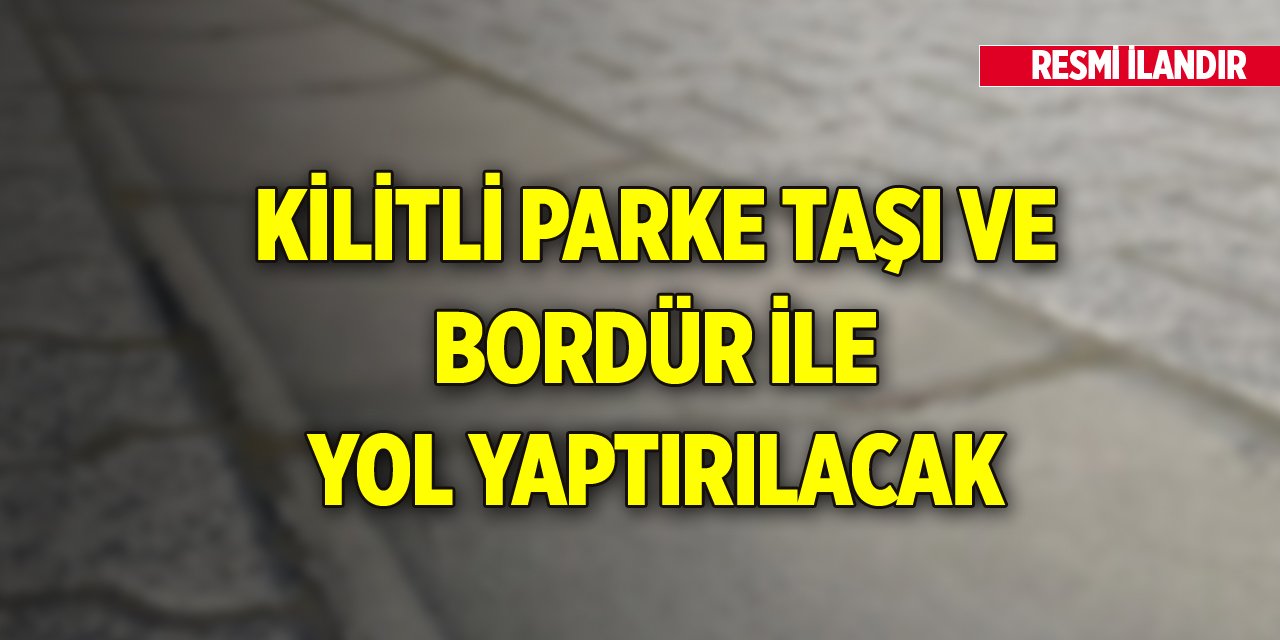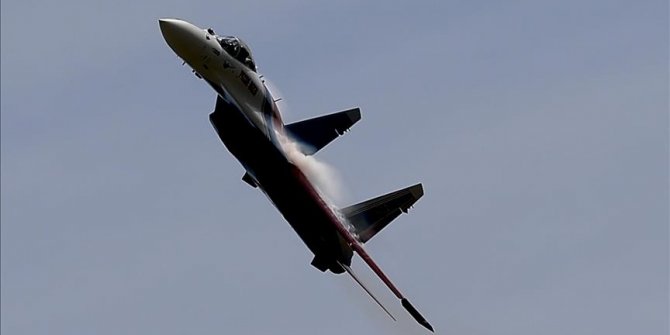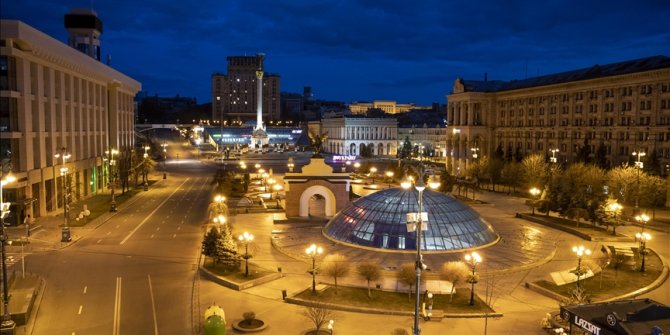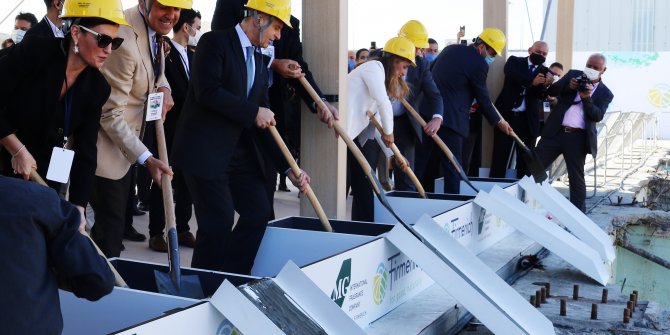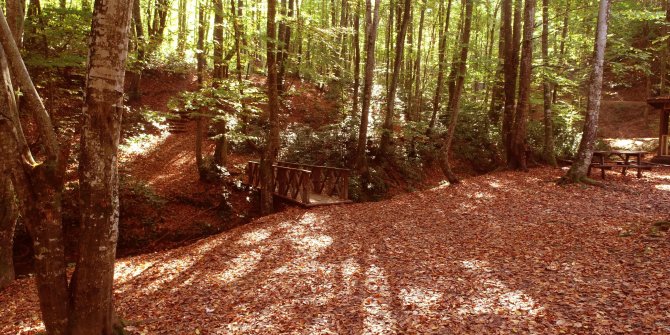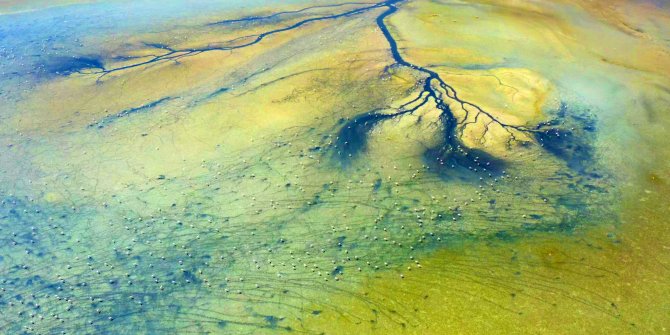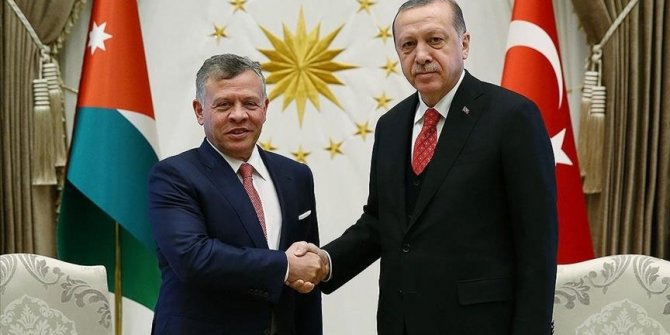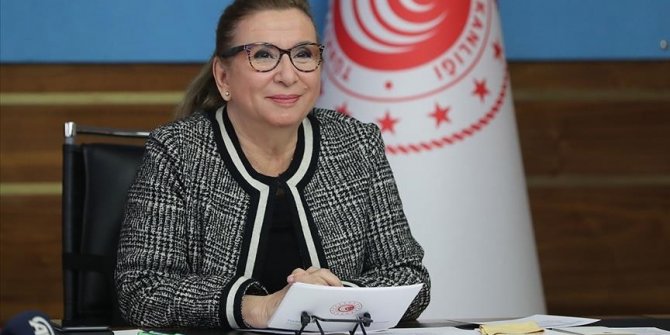No end in sight for EU energy crisis despite near full gas storage

The EU's natural gas storage is close to its full level, which, however, is unlikely to provide a definite solution for the bloc's energy crisis with winter around the corner and supply cuts from Russia.
The bloc's 113 billion cubic meters (bcm) of total gas storage capacity is 80% full, according to data from Gas Infrastructure Europe.
Although the EU reached that level two months before the self-imposed Nov. 1 deadline, the total gas storage capacity can only meet just a little over 25% of the bloc's total gas consumption that stands around 400 bcm annually.
Moscow's main gas pipeline route Nord Stream 1, which accounts for a third of all Russian gas exports to Europe through Germany, is at 20% of its capacity since July 27, supplying only 33 million cubic meters (mcm) per day.
Even if gas storage facilities could be filled fully, this would be enough for European countries for three months at best, and even less in major economies, such as Germany, where industrial gas use and household consumption are higher than other members.
Mechthild Worsdorfer, deputy director general for the European Commission Directorate General for Energy, said Thursday that European officials have set up an energy platform, working on joint purchasing, and established different regional groups that try to bundle demand.
"There is a crisis now. We are all extremely aware. Energy prices, both gas and electricity, are very high that we have never seen before. There is speculation, there is uncertainty in the market," she told a European Parliament energy committee meeting in Brussels.
"We have done a lot on power saving side on the internal market. We have a number of fast-track measures – storage filing, demand reduction for gas. We work in solidarity with our member states that are ready to implement them," she added.
EU member states reached an agreement on July 26 to voluntarily reduce their natural gas demand by 15% this winter, compared to their average consumption in the past five years, in order to make natural gas savings ahead of the winter season and to prepare for possible disruptions of gas supplies from Russia.
Some of the measures include reducing gas consumption in the electricity sector, encouraging fuel switch in some industries, adopting national awareness raising campaigns, and implementing obligations to reduce heating and cooling, according to the European Council.
Now, Europe’s surviving the upcoming winter depends on how the continent can get more gas from Russia via Nord Stream 1, buy in form of liquefied natural gas from other suppliers, how severe weather conditions will be this winter, and how much European countries can scale back on their domestic gas consumption.
